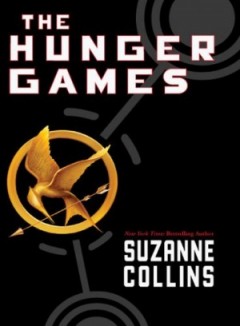Laissez Faire Books (LFB) is a seminal libertarian institution that dates back to 1972, six years before I was born. In its heyday, it played a central role in the libertarian movement as the largest libertarian bookseller, a publisher of libertarian books, and an old-school social network, hosting social gatherings and other events. This was before my time.
I’d never bought a book from LFB until yesterday (the 19th). By the time I became a libertarian in my undergraduate years at Louisiana State University, after reading the work of Ayn Rand (starting with The Fountainhead) at the urging of a friend, I was able to learn about libertarianism and Austrian economics from a large and growing sea of resources online. I bought books from Amazon and the Ludwig von Mises Institute (LvMI), read online articles and blogs, and took advantage of the growing library of digitized books and other media put online and hosted by the LvMI.
Laizzez Faire Books was fading into irrelevancy and, I think, in danger of being shuttered for good as it was passed from new owner to new owner. Enter Agora Financial, the latest owner of LFB, and hopefully the organization that will oversee its resuscitation and return to relevancy. With Jeffrey Tucker at the helm as executive editor, the prospects for profitability, innovation, and spreading the message of liberty are exciting indeed.
Many, if not most, of you know Jeffrey Tucker as the editorial vice president who led the LvMI into the digital age, building it into the open-source juggernaut with a vast online and free library of liberty and a thriving community that it is today. We were sad to see him leave that beloved institution, but eager to see what he would do in charge of a for-profit publisher and bookstore. Now we’ve been given the first taste.










